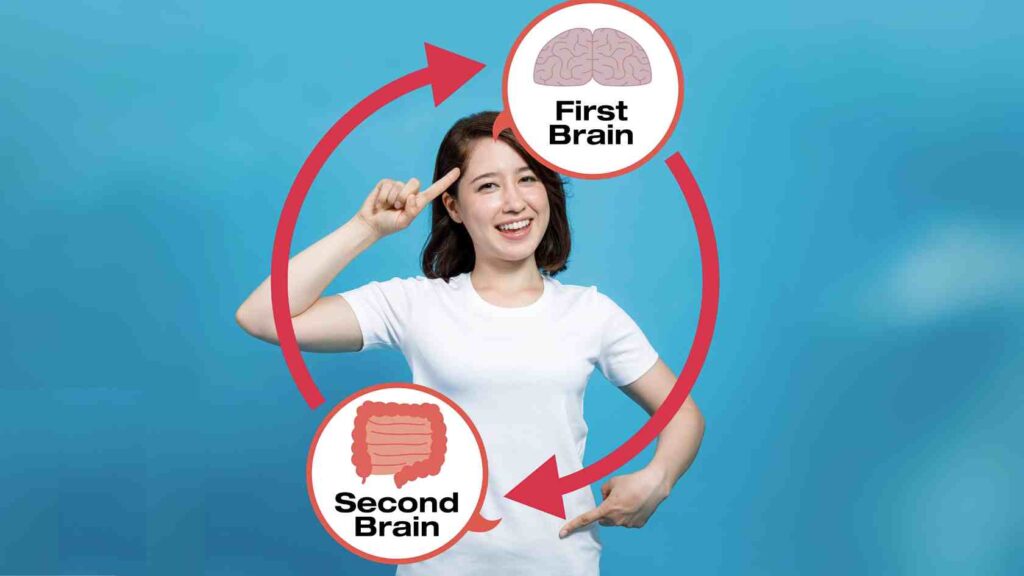In the intricate symphony of the human body, the brain and the gut engage in a harmonious relationship that goes beyond mere physical functions. This intricate connection, often referred to as the brain-gut axis, highlights the profound impact our mental and emotional well-being can have on our digestive system, and vice versa. In this blog post, we’ll delve into the fascinating world of the brain-gut connection, exploring its significance, mechanisms, and the implications it holds for our overall health.
The Brain-Gut Axis: A Dynamic Partnership:
The brain-gut axis is a bidirectional communication system connecting the central nervous system (CNS) with the enteric nervous system (ENS), which is often described as the “second brain” residing in our gastrointestinal tract. This dynamic partnership involves complex signalling pathways that influence not only digestion but also emotional and cognitive processes.
Emotional Impact on Digestion:
The link between our emotions and digestive functions is a well-established aspect of the brain-gut connection. Stress, anxiety, and other emotional states can trigger physical responses in the gut, leading to symptoms such as nausea, bloating, or changes in bowel movements. Conversely, disturbances in the gut can send signals to the brain, influencing mood and cognitive function.
Gut Microbiota: Guardians of Balance:
The gut microbiota, a diverse community of trillions of microorganisms residing in our intestines, plays a crucial role in maintaining the delicate equilibrium of the brain-gut axis. These microorganisms contribute to digestion, produce essential nutrients, and communicate with the nervous system. Imbalances in the gut microbiota, known as dysbiosis, have been linked to various mental health disorders, emphasising the importance of a healthy gut for overall well-being.
Neurotransmitters and Hormones:
Communication between the brain and gut involves a myriad of neurotransmitters and hormones. Serotonin, often associated with mood regulation, is produced in significant quantities in the gut. Additionally, the gut produces hormones like ghrelin and leptin, which play a role in appetite regulation. Disruptions in these signalling molecules can impact both mental health and digestive function.
Practical Tips for Nurturing the Brain-Gut Connection:
Understanding the intricacies of the brain-gut connection opens avenues for promoting overall health and well-being. Here are some practical tips to nurture this symbiotic relationship:
- Mindful Eating: Practise mindful eating to promote a relaxed digestive environment. Chew food thoroughly, savour the flavours, and be present during meals.
- Balanced Diet: Prioritise a balanced and diverse diet that supports a healthy gut microbiota. Incorporate fibre-rich foods, probiotics, and prebiotics into your meals.
- Stress Management: Adopt stress-reducing techniques such as meditation, deep breathing, or yoga to positively impact both mental health and gut function.
- Regular Exercise: Engage in regular physical activity, as it has been shown to support a healthy gut microbiota and improve mood.
The brain-gut connection is a captivating interplay between our mental and digestive realms. Recognising and nurturing this intricate relationship can contribute to overall well-being and may open new avenues for addressing both mental health and gastrointestinal disorders. As we continue to unravel the mysteries of this dynamic axis, it becomes clear that the road to holistic health involves treating the mind and body as interconnected partners.
You can learn more about the Brain-Gut Connection on our Nutrition & Lifestyle For Mental Health specialised short course.












